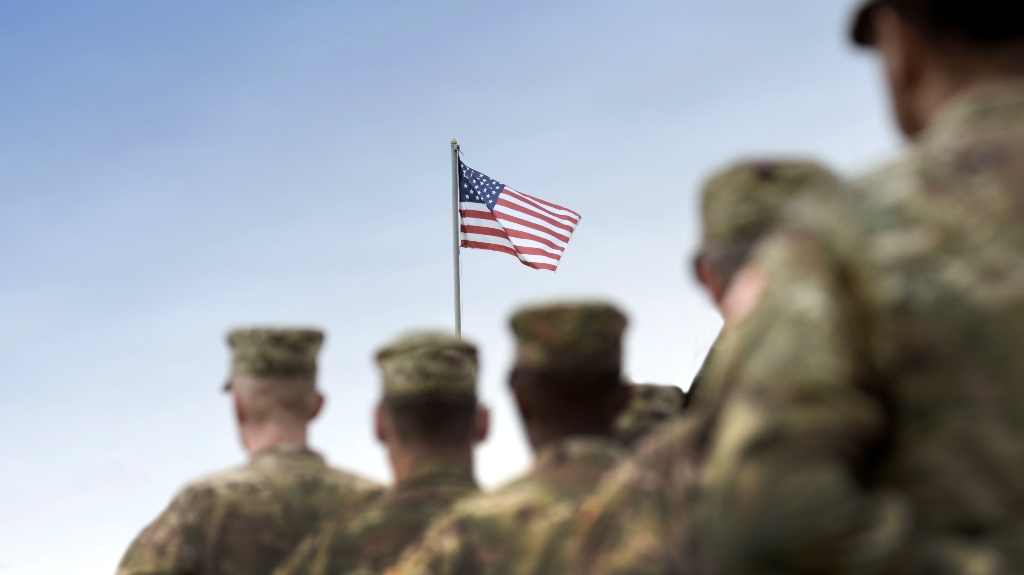For veterans and their families, navigating the VA benefits system can be challenging, and when a decision by the Board of Veterans’ Appeals (BVA) doesn’t go in their favor, it can feel disheartening. Yet, there is still a potential path forward—the Court of Appeals for Veterans Claims (CAVC). Understanding when and why you might consider appealing to this court can be crucial to your pursuit of justice.
Understanding the Court of Appeals for Veterans Claims (CAVC)
The CAVC is an independent federal court with a specific mission: to review decisions made by the BVA. Unlike the BVA, which is part of the Department of Veterans Affairs, the CAVC operates separately from the VA, offering veterans an unbiased judicial body to review cases where errors in the BVA decision might have occurred.
Key Reasons to Appeal to the CAVC
1. Legal Errors or Misinterpretations
One of the primary reasons veterans appeal to the CAVC is due to errors in how the law was applied in their case. If the BVA misinterpreted the law, misapplied VA regulations, or relied on incorrect legal standards, this may constitute grounds for appeal. An appeal to the CAVC may be appropriate in these cases, as the court has the authority to overturn decisions based on these errors.
2. Inadequate Explanation by the BVA
In every decision, the BVA is required to provide a detailed explanation of its reasoning, particularly regarding why they denied a claim or certain benefits. If you feel the BVA failed to give a clear explanation of their decision, including why they dismissed key evidence, this could be a basis for an appeal. The CAVC reviews whether the BVA provided “adequate reasons and bases” in their decision.
3. Violation of Veterans’ Rights to Due Process
Veterans are entitled to fair and thorough consideration of their claims. If the BVA overlooked evidence, improperly dismissed new evidence, or mishandled procedural requirements that could have influenced your case, this may be a violation of due process. Due process issues are a significant reason to consider a CAVC appeal, as the court safeguards veterans’ rights during the claims process.
4. Denial of Benefits Despite Sufficient Evidence
The BVA may sometimes reject claims even when evidence strongly supports the veteran’s case. If this has happened to you, and you have a well-documented claim with credible evidence, a CAVC appeal might be the best next step. By taking your case to the CAVC, you have the chance to present the court with this overlooked or dismissed evidence for reconsideration.
Steps to Take When Considering an Appeal
Appealing to the CAVC is a significant decision that involves filing specific legal documents within 120 days of the BVA’s final decision. It’s important to take these steps carefully:
- Review the BVA Decision in Detail: Before appealing, review the BVA’s decision with a legal professional to pinpoint any possible errors or omissions that could strengthen your case.
- Consult with an Attorney Specializing in VA Appeals: Given the complexities involved, an experienced attorney can assess the merits of your case, prepare an effective legal strategy, and guide you through the appeals process.
- Prepare for the Process Ahead: Unlike initial claims, the CAVC process is a judicial appeal, which may involve several rounds of written arguments and possibly a hearing.
Should You Appeal to the CAVC?
Deciding to appeal a BVA decision is a significant commitment, as the appeals process can be lengthy and requires a solid legal foundation. However, for veterans who have faced injustices or procedural errors, an appeal to the CAVC can be the path to a more favorable outcome and to securing the benefits they rightfully deserve.
If you believe that the BVA made a mistake in your case, consulting a legal team with experience in VA appeals can make a difference in successfully navigating your appeal to the CAVC. Coskrey Law can help you today, schedule a consultation now.


